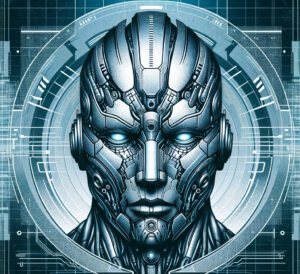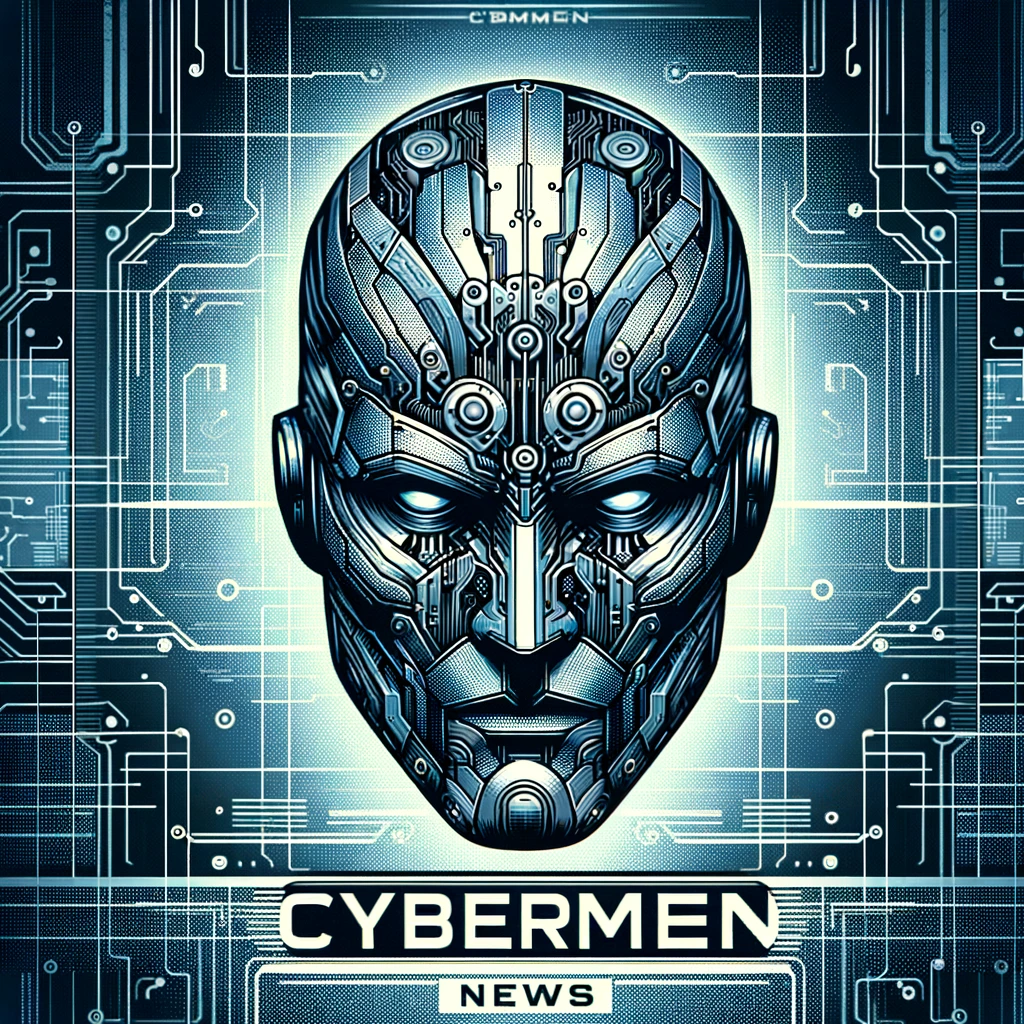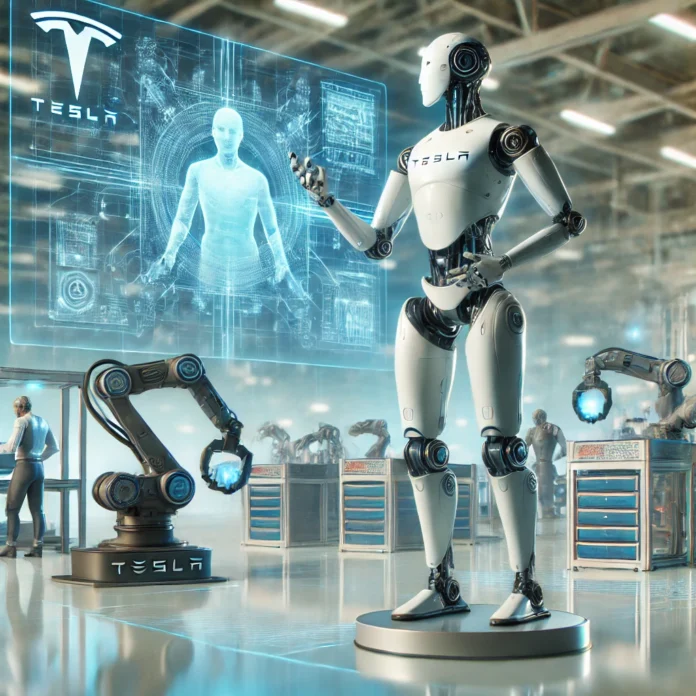Tesla’s Optimus humanoid robot is pushing the boundaries of what’s possible in robotics, bringing the future of human-robot collaboration closer to reality. Designed to take on tasks that are labor-intensive, repetitive, or hazardous, Optimus represents a significant step forward in Tesla’s vision for a world where robots and humans work side by side.
Optimus: Tesla’s Ambitious Entry into Humanoid Robotics
Optimus is designed to be a versatile, general-purpose robot capable of performing a wide range of tasks. Early demonstrations have showcased its ability to walk, manipulate objects, and even perform simple tasks like watering plants. Tesla plans to integrate Optimus into its own factories initially, where the robot will handle various tasks aimed at improving efficiency and safety. The long-term vision is to produce Optimus at scale for external customers, potentially revolutionizing industries such as manufacturing, logistics, and healthcare.
The Strategic Importance of Optimus
Elon Musk has highlighted Optimus as a crucial component of Tesla’s future, suggesting that its impact could surpass even the company’s automotive business. The potential applications of Optimus are vast, and its development is seen as a key driver of innovation within Tesla. However, creating a truly capable humanoid robot comes with significant challenges, including the need for advanced AI, robust hardware, and safety considerations.
Challenges and Ethical Considerations
As with any groundbreaking technology, the development of humanoid robots like Optimus raises important ethical and societal questions. Issues such as job displacement, privacy, and safety need to be carefully considered as these machines become more integrated into everyday life. Tesla’s approach will likely set the tone for how these concerns are addressed across the industry.


